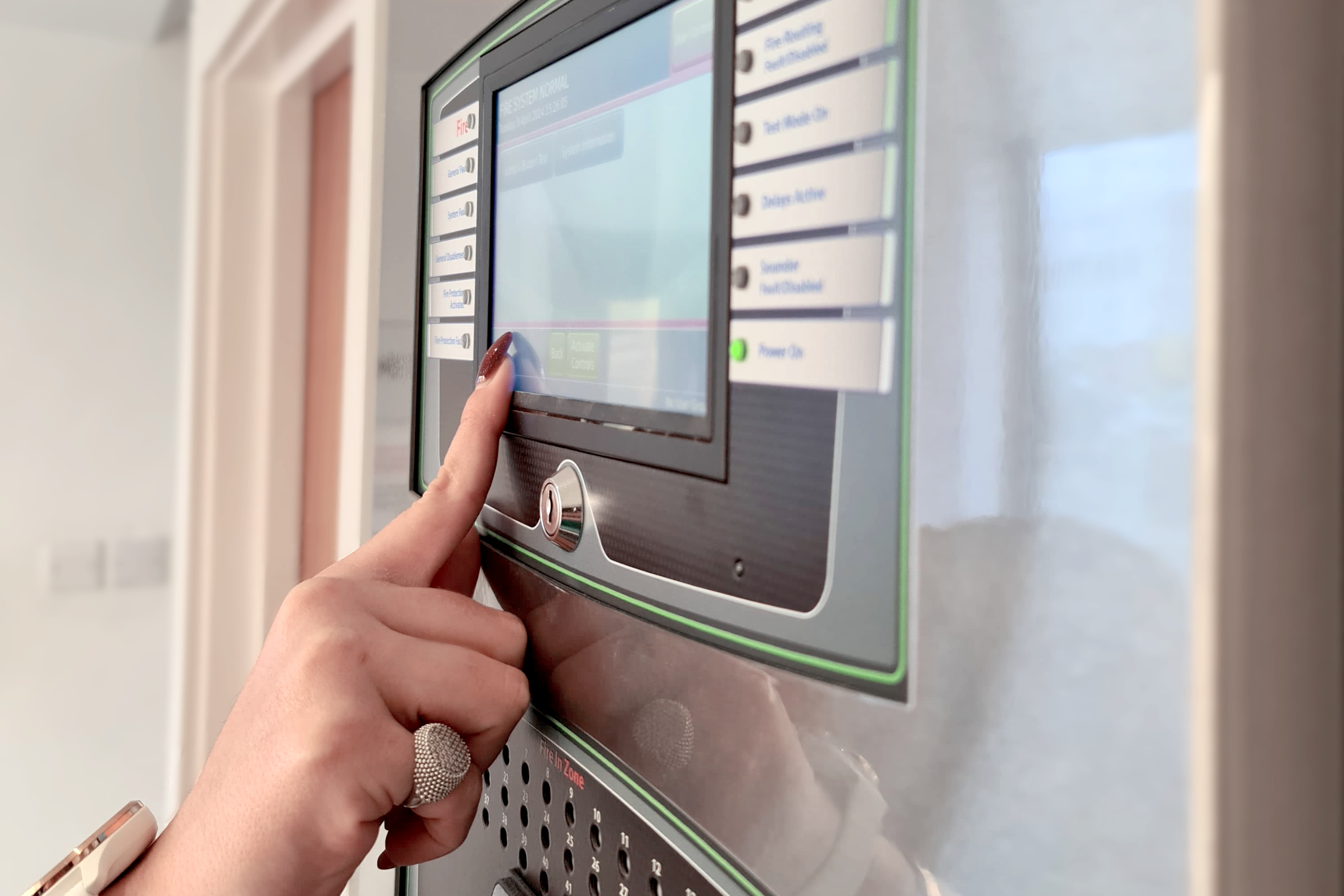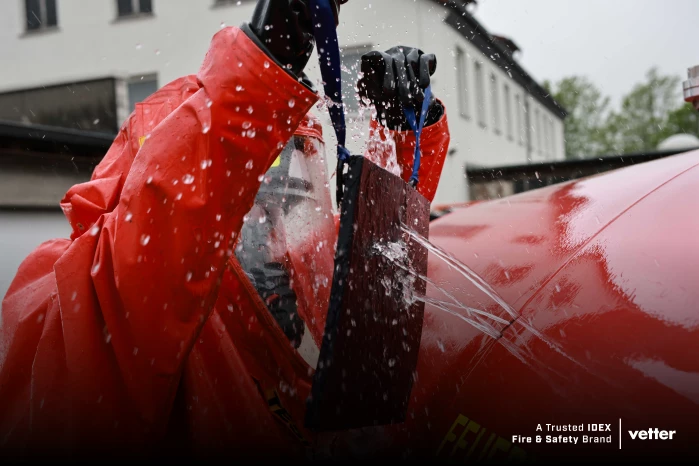House fires involving batteries in e-bikes and e-scooters have become more frequent in recent years, as these purportedly eco-friendly and cost-effective modes of transport have increased in popularity.
With a spate of high-profile e-bike battery fires, including a recent house fire in Hampshire, reported in The Guardian, which saw the blaze break through the bike’s cover and the car port in which it was being charged, it’s evident that more needs to be done to protect e-bike users and inform them of the accompanying safety concerns.
Now, electrical safety and compliance expert, Bureau Veritas is issuing a reminder of the potential volatility and instability of a Lithium-ion battery systems, which are found in most e-bikes and EV cars and we are calling for greater regulation by government and manufacturers of these energy-dense and toxic-chemical containing devices.
The London Fire Brigade (LFB) reported on its website that it had attended over 70 fires involving e-scooters and e-bikes during 2021 and at the same time Transport for London (TFL) banned e-bikes from its services after a related fire which broke out on a tube train.
Due to the lack of adequate regulation surrounding Lithium-ion batteries, more and more devices are being purchased online and these may not meet even minimal safety standards. Action must be taken immediately to regulate the manufacture and sale of e-bike batteries to prevent further fires and potential fatalities.
Lithium-ion battery systems as a whole should be viewed as a bridge technology on the way to safer and more ecologically friendly options. Consequently, the proper regulation and consideration of these systems, their dangers and their environmental impact must be addressed now to prevent the legacy problems they will undoubtedly cause in the future, according to Jeff Ansell, Deputy Chief Scientific Adviser at Bureau Veritas.
Jeff said: “E-bikes and e-scooters can experience a lot of wear and tear when being used, which can cause significant damage and degradation to a Lithium-ion battery pack, especially if the correct charging apparatus for the specific battery cells is not being used. Consequently, these batteries which are large stores of energy in quite an unstable system, can become very volatile, especially when not properly manufactured, charged, used, and regulated.
“Currently, the onus is ostensibly placed on e-bike users to keep themselves safe so it’s vitally important that owners only use a manufacturer approved charger for the product and cease use if it shows any signs of deterioration. In the current cost-of-living crisis it can be tempting to opt for cheaper versions available online, but this is a false economy and user safety must come first.
“Many manufacturers advise not charging batteries to 100% to prevent overheating – as overcharging is one of the key causes of a fire – as well as not charging them in enclosed spaces, such as inside the home, or even a car port as was seen with the recent house fire in Hampshire. Serious degradation of Lithium-ion cells, known as ‘roll collapse’, can also occur when these batteries are undercharged or fully depleted and as such use of the correct charging system for the specific batteries in-use is of vital importance.”
Jeff continues: “While human error can form a significant part of the cannon of problems seen with the use of Lithium-ion battery systems more must be done by regulatory bodies and manufacturers to better educate users and regulate the products themselves thus engineering out these problems at source. As with all growing or bridge technologies, especially those which purport to offer eco-friendly or sustainable solutions, there is an urgency to rush these to market to spur the uptake of what is constantly falsely advertised as ‘Green Energy’.
“However, with such a potentially volatile and ecologically damaging device, more long-term solutions must be put in place to regulate Lithium-ion batteries, their manufacture, charging, use and of course the recycling of their toxic and environmentally damaging components at the end of their lifecycles.”
Bureau Veritas has a highly experienced and qualified nationwide team of over 60 fire safety experts, undertaking in excess of 20,000 fire risk assessments annually across more than 6,000 properties. It can support businesses and local authorities to understand its fire safety obligations and put in place steps to mitigate fire risk.
To read more news and exclusive features see our latest issue here.
Never miss a story… Follow us on:
![]() International Fire Buyer
International Fire Buyer
![]() @Firebuyer
@Firebuyer
![]() Fire Buyer
Fire Buyer
Media Contact
Louis Curtis
Editor, International Fire Buyer
Tel: +44 (0) 1622 823 922
Email: editor@firebuyer.com








